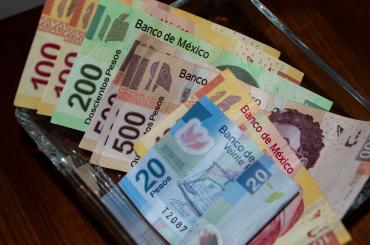
Mexico
-

Better training, better police: Evidence from Mexico
Evidence from Mexico City shows training enhances officer interactions with citizens and reduces harmful conduct, providing valuable insights for improving frontline services.
-

Rolling back Progresa: What happened when Mexico’s landmark cash transfer programme ended?
The sudden rollback of Mexico’s landmark conditional cash transfer programme—Prospera, formerly Progresa—affected boys’ educational outcomes disproportionately, offering lessons for policy retrenchment worldwide.
-

Slowing down digital loans to speed up repayment: Evidence from Mexico
While digital credit broadens market access and reduces frictions in developing countries, default rates are often high. In Mexico, reducing loan speed—by doubling delivery time—decreased the likelihood of default significantly. Such waiting periods ...
-

Closing loopholes can dramatically improve financial incentives for conservation
Paying landowners to conserve their forested land is a leading approach to prevent deforestation. Evidence from Mexico shows that smarter contract design can more than quadruple cost-effectiveness.
-

Supporting the transition to digital cash transfers in rural Mexico
Women in Mexico who switched to digital cash transfers face higher costs and time accessing payments but gain bargaining power. Improving ATM access, reducing fees, providing timely information on the date of transfers and boosting financial literacy...
-

How colonial segregation policies impact land values in Mexico today
Colonial segregation policies in Mexico City entrenched divisions between Spaniards and indigenous communities, shaping modern economic inequalities because of weak property rights, unequal provision of public goods and enduring social stigma.
-

Can social media be harnessed to bolster electoral accountability?
Digital information campaigns on social media can be used to disseminate objective information about government performance and bolster electoral accountability. Targeting information at a larger share of the electorate can raise the effectiveness of...
-

The challenges of reducing informal employment: Evidence from Mexico
Increasing the cost of informal employment raised formalisation rates for workers at formal firms. However, it also led to a large, persistent drop in firm size. There is a trade-off between higher formalisation rates for current employees and lower ...
-

Mexico’s preschool mandate set children up to succeed
Mexico’s preschool mandate in 2002 shows significant, lasting benefits for cognitive skills and non-cognitive skills after six years, and educational outcomes nearly two decades later.